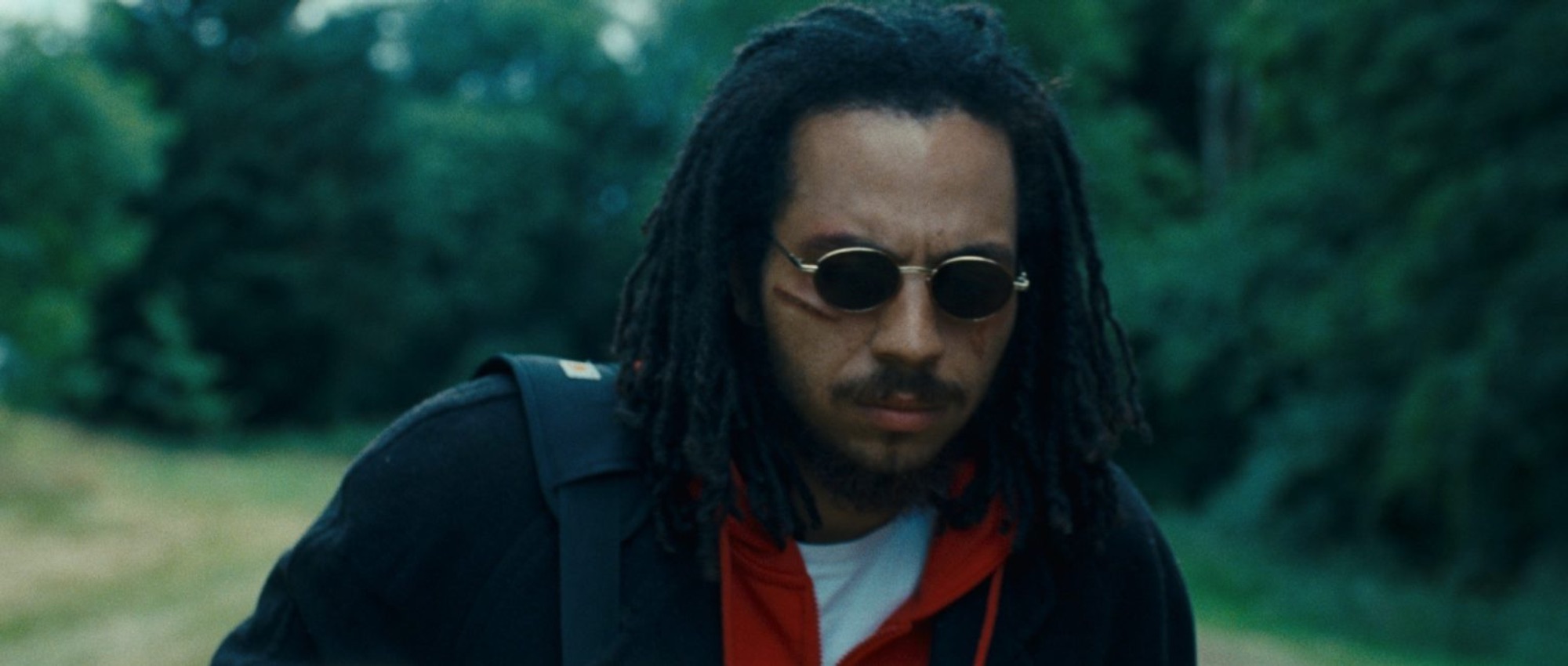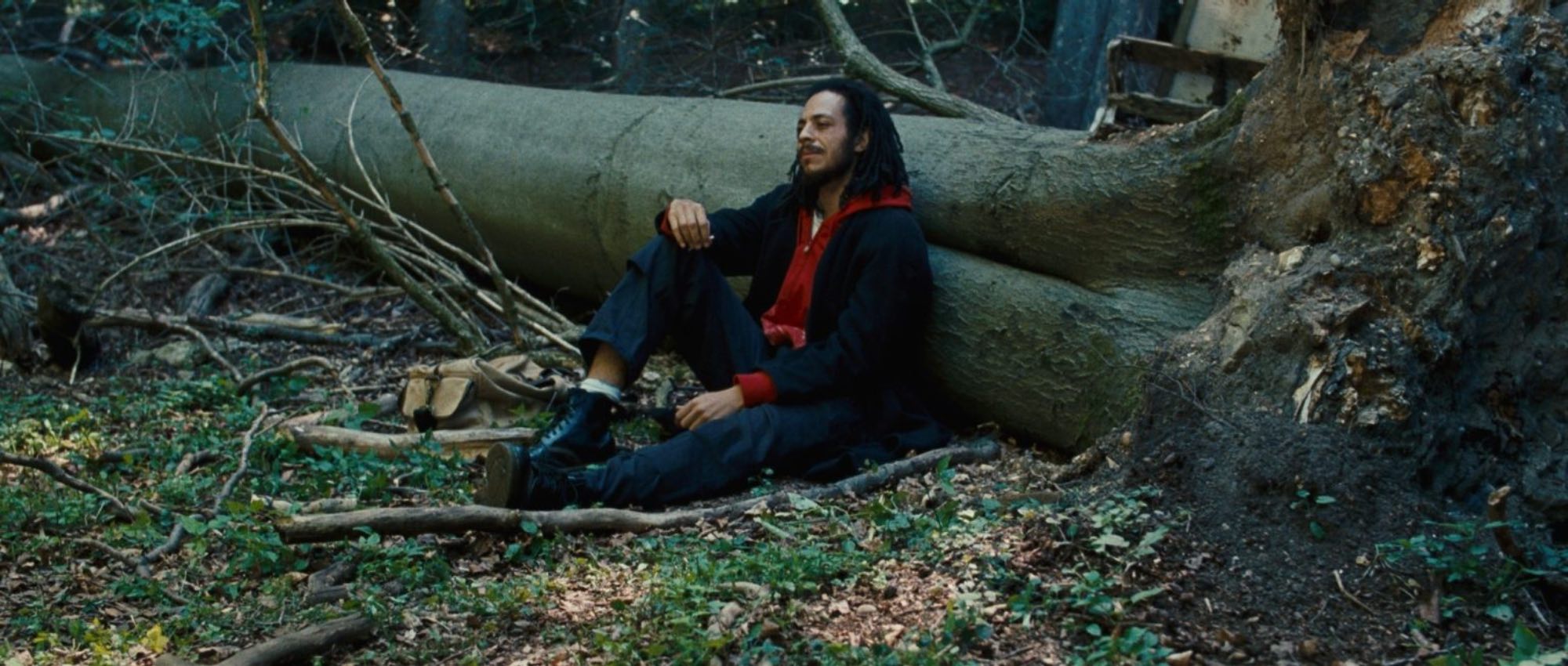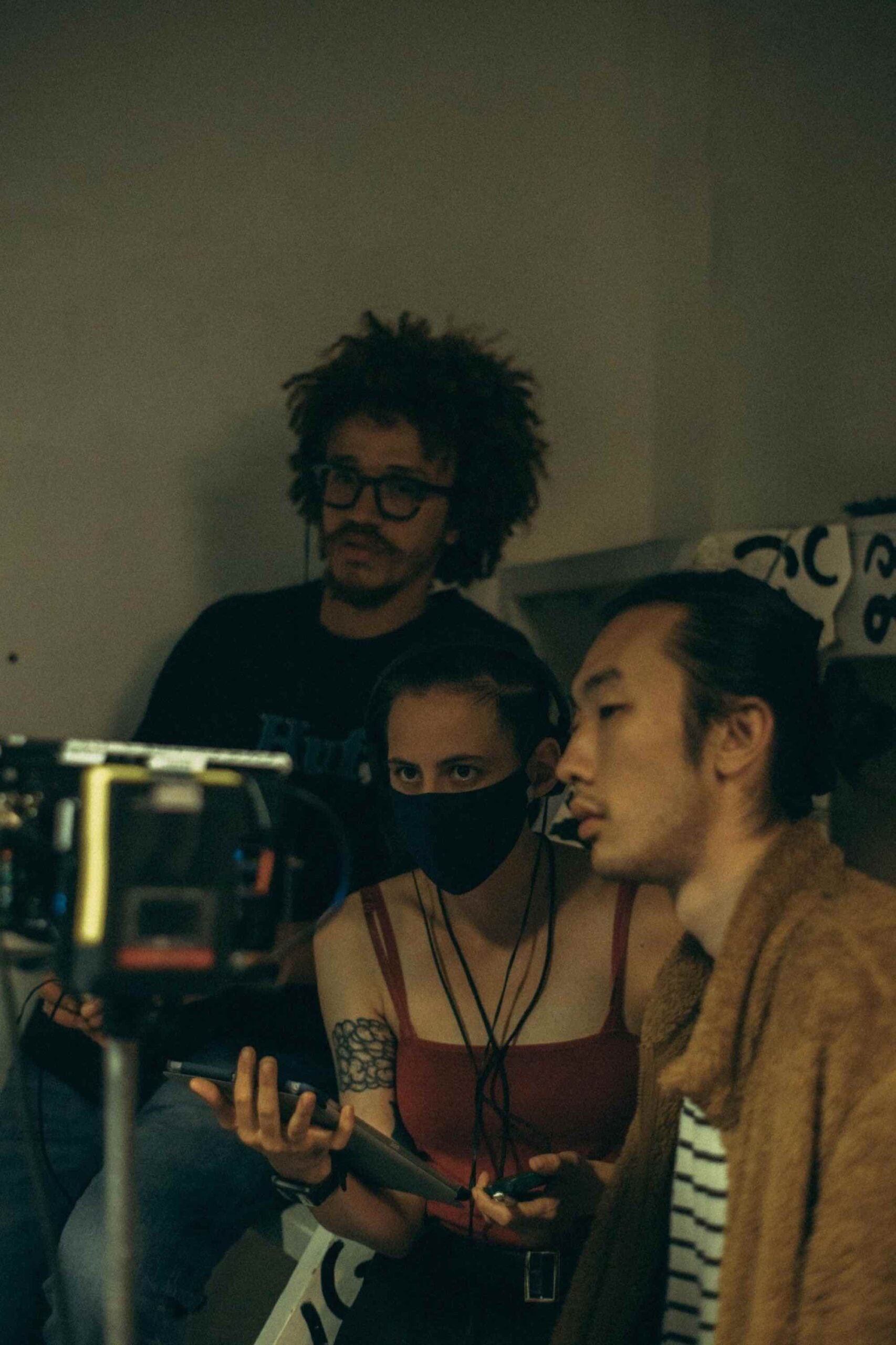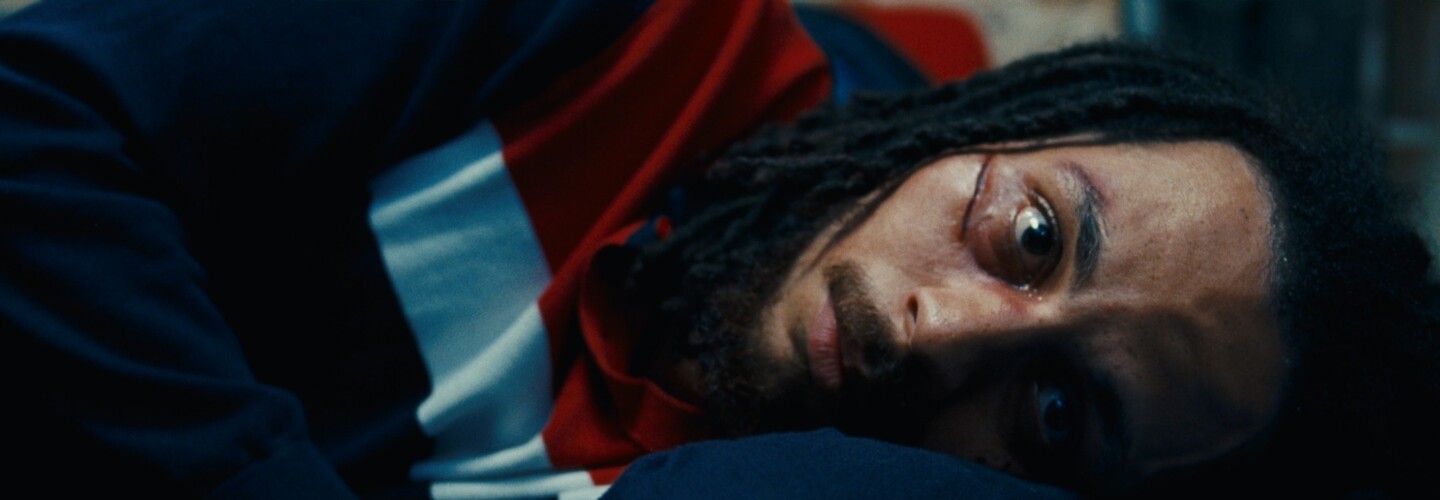
DN first caught sight of Musa Alderson-Clarke’s tense thriller Killing Boris Johnson back at the NFTS’ graduate showcase earlier this year. It was a film that stood out to us through its blending of a personal narrative of a grief-stricken young man with that of a searing political thriller. These two elements of Alderson-Clarke’s screenplay converge in a fascinating yet smoothly-done psychological manner which makes the writer/director certainly one to watch for the future. It’s no surprise to us that the film kicks off what will undoubtedly be a highly successful festival circuit run by debuting at Cannes today as part of the film festival’s La Cinef Selection, for which it was chosen as one of 16 films from among 2000 projects submitted by film schools from all around the world and is the only UK student film to be included in the festival’s selection. DN spoke with Alderson-Clarke in the run up to Cannes to talk over the making of his impressive graduate film, the challenge of creating tension on the page and on screen, and his development as a filmmaker over the course of his time at the National Film and Television School.
How did Killing Boris Johnson first come together as an idea during your time at the National Film and Television School?
My screenplay was inspired by but not based on my life. I was coming to terms with my own grief and the feelings of anger and confusion I was experiencing were the basis of the script. Boris Johnson’s ineptitude had real life consequences and I wanted to put a story to that. I was feeling angry at the government, confused by Britain, but also hurting from my own personal experiences. These feelings were then attached to the framework of more conventional filmmaking narratives, mostly subconsciously, to create Killing Boris Johnson. Drafts came fast. I got into a real routine of re-drafting and really scrutinising my work. I also had incredible people around me who would often challenge me. It was tough but necessary, if you work hard on the script, production becomes so much easier.
The film has such a great tension to it, was that something you baked into the screenplay?
I would sometimes get compliments that the screenplay was a page turner, but I do think most of the tension comes in the direction. The very idea of the film is tense, there’s a pressure to it and it lends itself to something that can build. Shadrach Agozino’s great performance also adds so much. Without him bringing that humanity to the role you would lose the tension, you need that layer of reality to make the audience care about what he does, which ultimately becomes tense because you’re concerned for him or fascinated by him.

Are there any films or other cultural touchstones that you were influenced by in the making of Killing Boris Johnson?
I actually looked at Ricardo Lopez also known as the “Bjork Stalker”. Him and Kaz are completely different in character and motives of course, but I guess it was to understand why someone would film themselves regularly in that way. Who are they talking to? Why are they filming themselves? What are they saying? How are they delivering it? Those kinds of questions were important to answer to make sure it didn’t become a gimmick which would distance his experiences from the audience.
Music-wise, me and my composer would collate playlists separately and then sit and listen to them and just talk about the project, so by the time it came to making music the process was quite quick. Music is a hard thing to direct and I was grateful to have a talented composer with similar taste who inherently understood what the film was.
The very idea of the film is tense, there’s a pressure to it and it lends itself to something that can build.
Me and my editor were focused on energy. I love those Scorsese compilations on YouTube where they put all the techniques he uses into one video. We are always surprised with what he gets away with and how much he is committed to the emotions over any continuity. Having an intuitive and intelligent editor like mine is a must in understanding that!
Could you talk about the process of casting Shadrach and Jesse, whose dynamic is central to the story, what was it about them that struck you?
Nikki Meadows was my casting director and she has really been supportive of me as a filmmaker during my time at the NFTS. She helped me to find Jesse, through auditions. Jesse struck me as a really interesting person immediately. There are things that actors do that just capture you, and she has a great way of listening that was integral to Maia’s character. She feels like she’s listening to everything another actor is saying and you can see her reacting genuinely which is something we needed for Maia.
Shadrach was recommended to me by a friend and immediately he tapped into the humanity of the character which is something I was drawn to. We spent time together and improvised some backstory between them, because it’s difficult to carry the history of a relationship into scenes without having met your co-star, so that was a great opportunity to build trust between the three of us.


How long were you in production and how challenging was it bringing your idea to life on set?
We were on set for seven days. It was a really tough shoot, but everyone really gave it their all. It was so enjoyable and I will have memories for life of working with that team. You only get to do one graduation film at the NFTS and I feel honoured to have done it with the people I did. Bringing my ideas to life on set was not that difficult, since we prepared with a lot of rehearsing. We also shot 35mm so there wasn’t any playback so I had to be present with Shadrach in each performance and trust our Cinematographer Jack Hamilton would capture it which I did wholeheartedly.
We were all extremely invested and they were more demanding of themselves than I ever was demanding of them which is a great atmosphere to get work done in. The preparation helped so much. Storyboarding with artist Bode Alade was a great experience, because we already had a pretty good idea of where the camera was going before we stepped on set, and Bode also gave us some incredible suggestions.
How was the process of making the film at the NFTS? In what ways did they aid you along the journey of making it?
They were always really supportive of the idea at script stage. You are in a rare position to be able to call on years of experience in the British film industry in any department. The tutors were all so helpful and without the advice of the tutors it would have been hard to make this film as we did. They also chose us as one of the projects to be allowed to shoot on film which was so important to our film and added to what I was trying to achieve.


In what ways do you feel your craft as a filmmaker has evolved through your time at NFTS and in making Killing Boris Johnson?
NFTS for me has been great in understanding how I work as a filmmaker. Becoming more confident not necessarily in my style but also my methods in making a film. I think I started with a type of film I wanted to make, but having the opportunity to just make films, at a fast pace, with great resources forces you to learn quickly. I’m a practical learner and need to do things to learn them, NFTS is perfect at providing a safe space for filmmakers to try that.
You are in a rare position to be able to call on years of experience in the British film industry in any department.
What’s next for you? Do you have any projects in the works?
I’m working on some feature film ideas that are currently at treatment stage but I also would like to write and direct TV! Most importantly is getting to Cannes and enjoying that experience.


